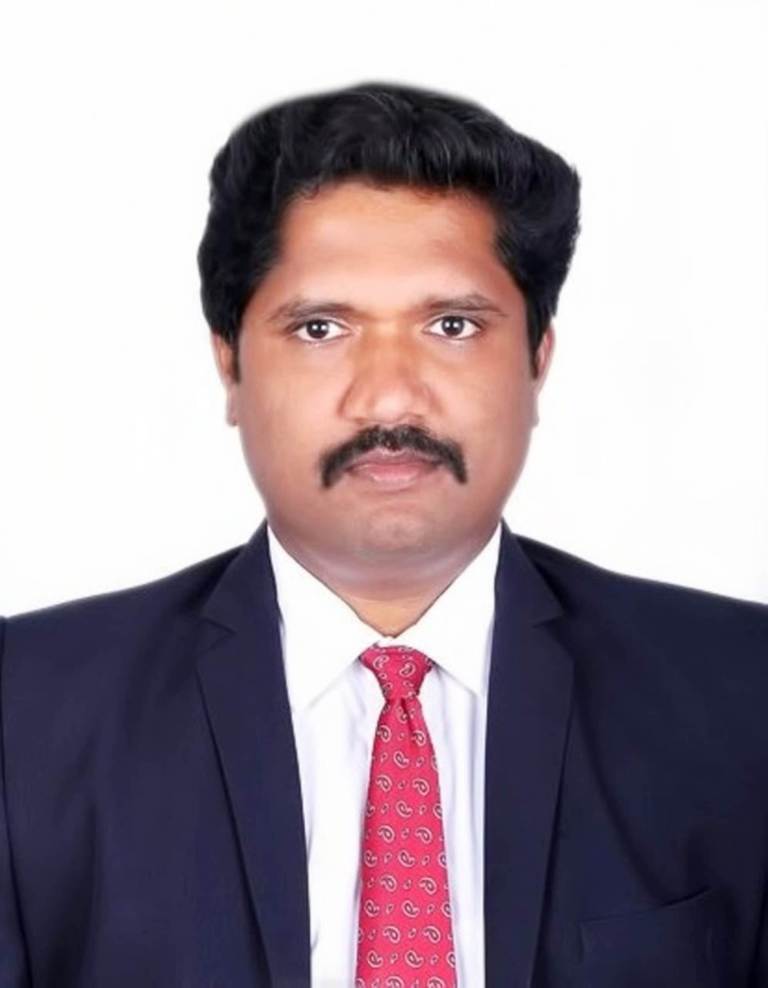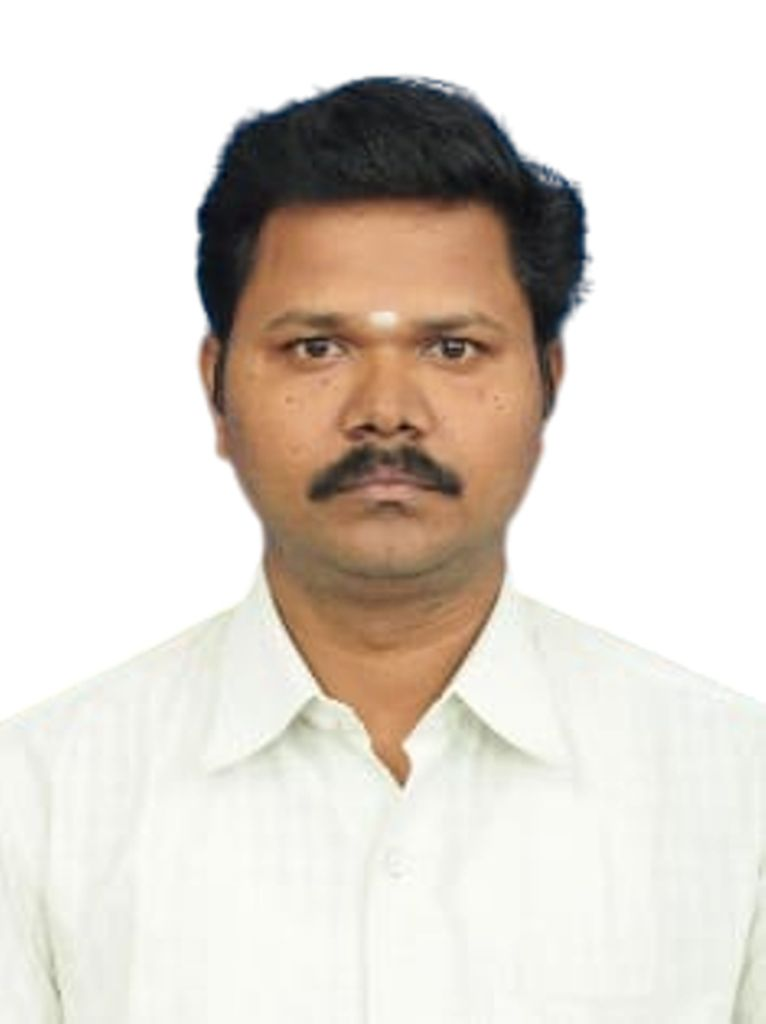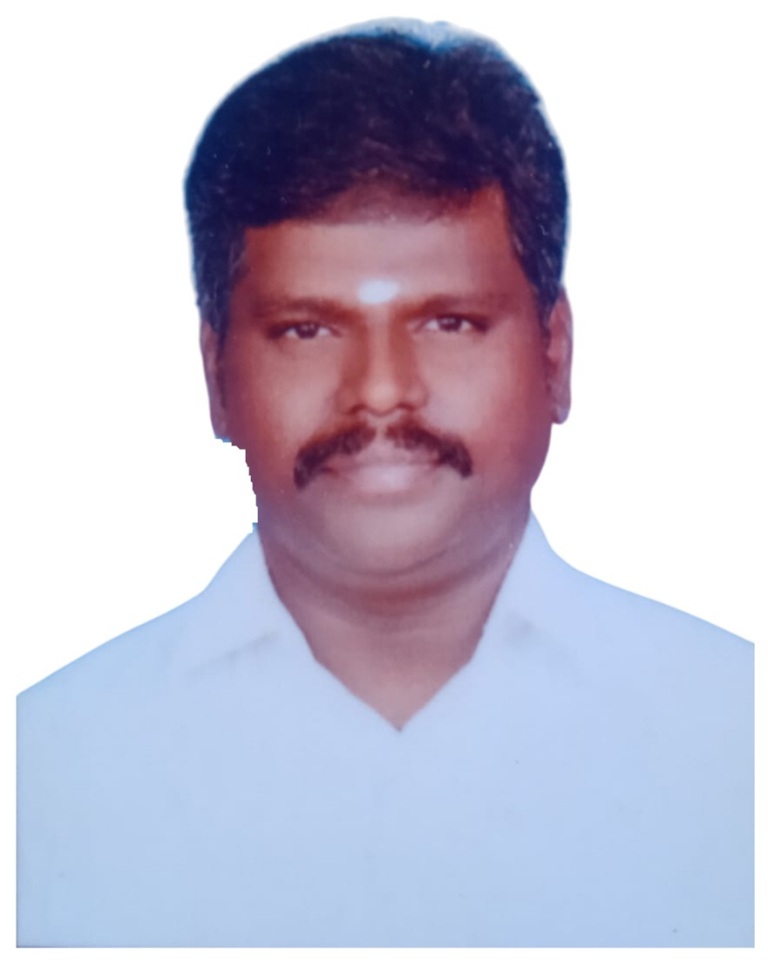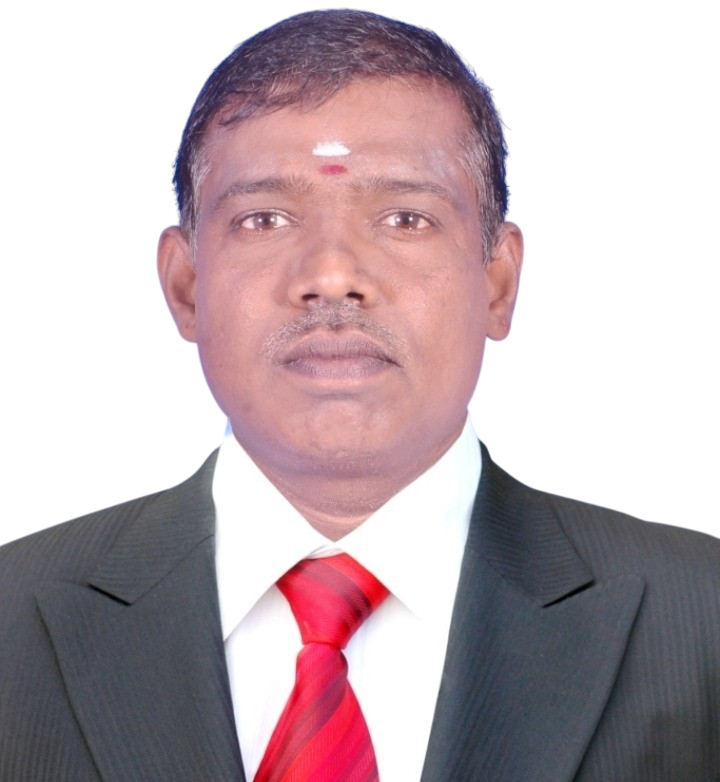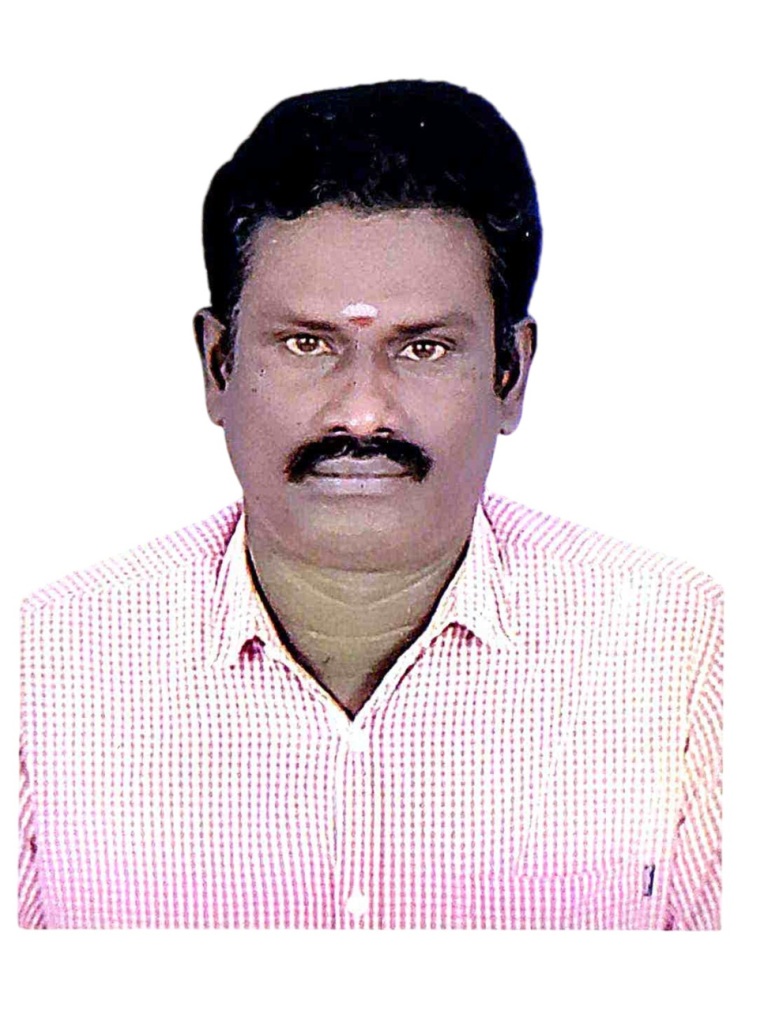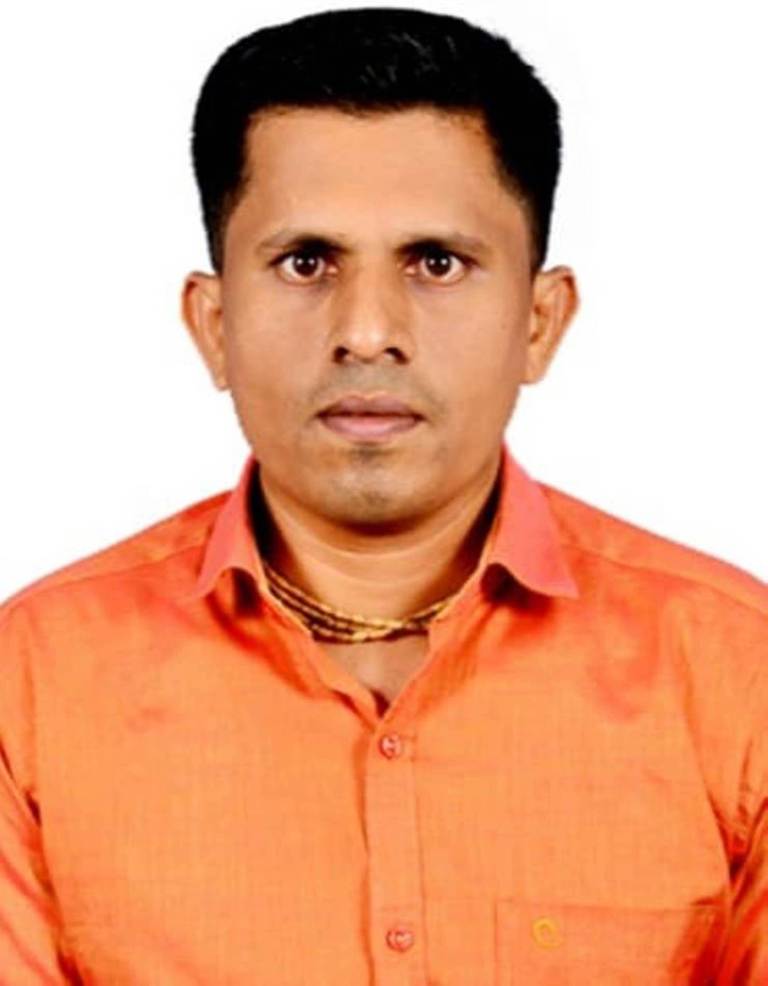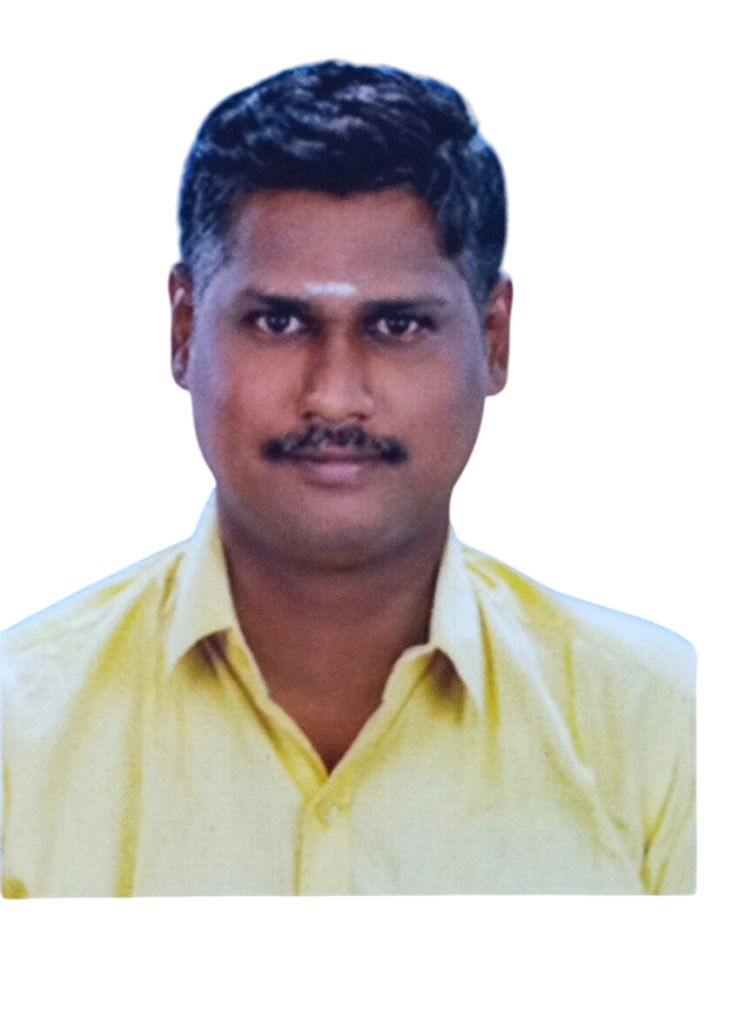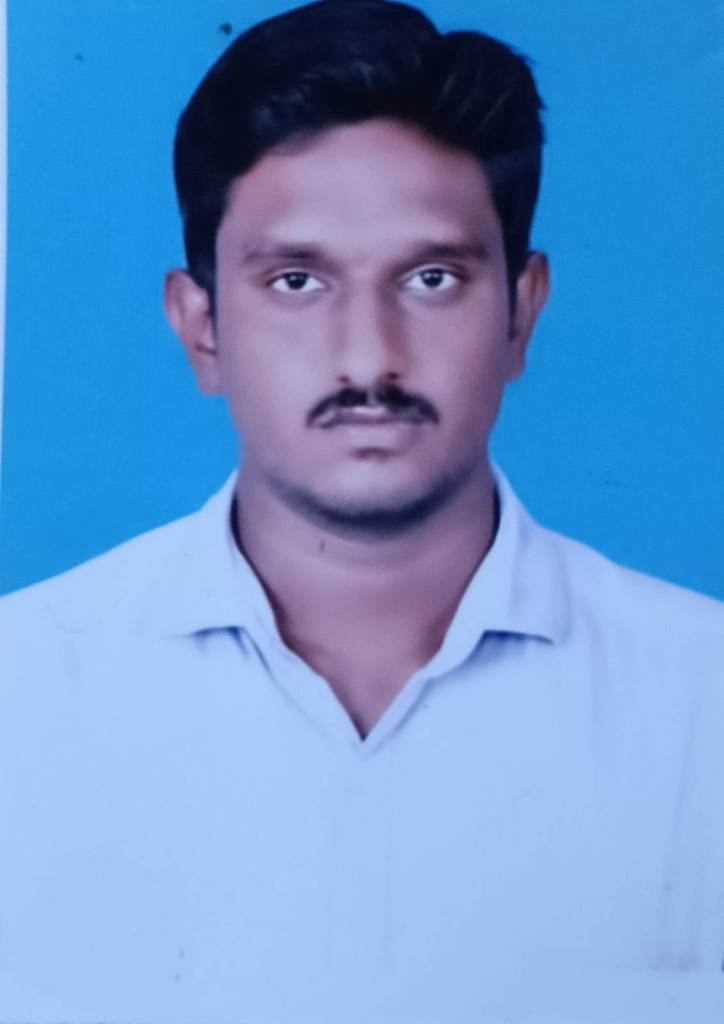Ever since the inception of the Department of Mechanical Engineering during 1998-99, the mission of the Department has been to provide sound technical knowledge and research facilities to students. The Department has crowned itself with the glory by achieving remarkable success in academic, co-curricular and research activities. The Department has been keeping abreast of the latest advancement by providing sophisticated modern equipments in various laboratories and training the students in the latest technologies in the field of Mechanical Engineerin g
The Department offers the 4-year B.E. Degree Program in Mechanical Engineering. The syllabi and course structure are as per the guidelines of Anna University. The Course was approved by AICTE with an intake of 60 students in 1998 with affiliation under Madurai Kamaraj University. Later it was affiliated to Anna University in the academic year 2001-2002. The strength was increased to 120 students in the year 2009. The two year M.E. Manufacturing Engineering program was started in the academic year 2011-2012 affiliated to Anna University with an intake of 18 students
.png)
